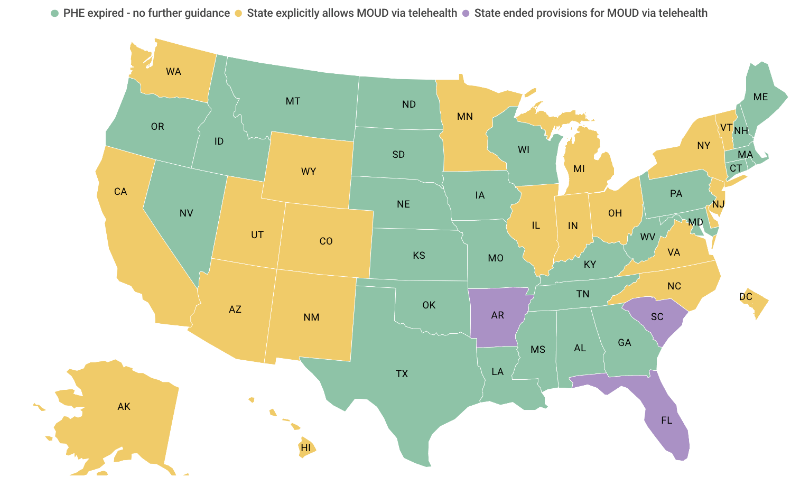As described in a recent NASHP blog, the Supreme Court’s decision in Gobeille v Liberty Mutual, which denied the state’s ability to mandate claims submission from self-funded ERISA health plans, may have started us down a slippery slope. In light of this new approach to what state requirements are preempted by ERISA, the Supreme Court asked the Sixth Circuit to reconsider their ruling that upheld a Michigan tax on all health plans, including self-funded ERISA plans. If ERISA is eventually interpreted to prevent states from assessing self-funded health plans, funding sources for a number of programs across the country, including those that provide vaccine access for children and maintain All-Payer Claims Databases, are in jeopardy. The following chart provides an overview of state programs that utilize an assessment that include self-funded ERISA plans. This chart is a work in progress, and we encourage states to contact NASHP to provide updates and/or corrections.
This is a working document. NASHP welcomes comments from states.
Download a PDF of this table here
Assessed Entities
|
Alaska |
Any health carrier or other entity that contracts or offers to provide, deliver, arrange, pay for, or reimburse any of the costs of health services – including third-party administrators and health maintenance organizations. |
|
Idaho |
Any entity subject to regulation by the department that provides or is authorized to provide health insurance or health benefit plans, or that administers health insurance or health benefit coverage or that otherwise provides a plan of health insurance or health benefits. |
|
Kentucky |
All insurance plans – including stop-loss and reinsurers. |
|
Maine (1) |
All health insurance carriers and third party administrators responsible for children health care benefits. |
|
Maine (2) |
Carriers (which includes multiple employer welfare arrangements, entities that are subject to ERISA) and third-party administrators. |
|
Maine (3) |
Each insurer – including TPAs and excess and stop loss insurers. |
|
Maryland |
All hospitals, all nursing homes, all payers; and all health care practitioners. |
|
Massachusetts |
Applies to surcharge payor, defined as “an individual or entity that pays for or arranges for the purchase of health care services provided by acute hospitals and ambulatory surgical center services provided by ambulatory surgical centers.” Read to cover all insurers in the state, including self-funded. |
|
Michigan |
Carriers or third-party administrators providing payment to health-care providers for services rendered in Michigan for Michigan residents |
|
New Hampshire |
All health insurers licensed pursuant to state statute. Includes (1) individual health insurers, (2) group health insurers, and (3) stop loss insurers. Currently self-insured entities not purchasing stop loss insurance are not assessed. |
|
Oregon |
Individual, small group, and large group health insurance policies issued in Oregon, as well as self-insured employers who buy stop-loss coverage. |
|
Rhode Island |
Insurers – which is defined to include all persons providing health benefits coverage on a self-insurance basis and all third party administrators. |
|
Vermont |
Any health insurance company, nonprofit hospital and medical service corporation, managed care organizations, and, to the extent permitted under federal law, any administrator of an insured, self-insured or publicly-funded health care benefit plan offered by public and private entities. |
|
Washington (1) |
All authorized insurers as well as self-funded multiple employer welfare arrangements (which are ERISA-covered). |
|
Washington (2) |
Health plans, insurance companies, and third-party administrators. |



